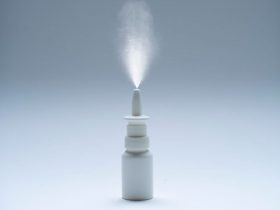Elevated systolic BP and diabetes mellitus most important vascular risk factors for increased 10-year incident dementia risk at age 55
THURSDAY, May 19, 2022 (HealthDay News) — Age-specific dementia risk scores should prioritize different risk factors in mid and late life, according to a study published online May 18 in Neurology.
Emer R. McGrath, Ph.D., from the National University of Ireland Galway, and colleagues followed participants from the Framingham Heart Study Original and Offspring cohort with available data on the Framingham Stroke Risk Profile (FSRP) at mid life (age 55; 4,899 participants), late life (ages 65 or 70), or later life (ages 75 or 80; 2,386 participants) for 10-year incident dementia risk.
The researchers found that the age- and sex-adjusted mid-life risk factors associated with 10-year risk of dementia from age 65 years included FSRP, diabetes mellitus (DM), and systolic blood pressure (SBP). Late-life risk factors associated with 10-year incident dementia from age 65 included FSRP, antihypertensive use, DM, atrial fibrillation, and nonstroke cardiovascular disease (nsCVD), while stroke was a risk factor from age 70. Later-life risk factors associated with 10-year incident dementia included antihypertensive use (protective), DM, atrial fibrillation, and stroke from age 80. The most important vascular risk factors for increased 10-year incident dementia risk in stepwise models were SBP and DM at age 55, nsCVD at age 65, DM and stroke at ages 70 and 75, and stroke at age 80. Antihypertensive use at age 80 was associated with decreased 10-year incident dementia risk.
“Our findings support the use of age-specific dementia risk scores, in preference to a one-size-fits-all approach to dementia risk prediction,” the authors write.
Copyright © 2022 HealthDay. All rights reserved.







